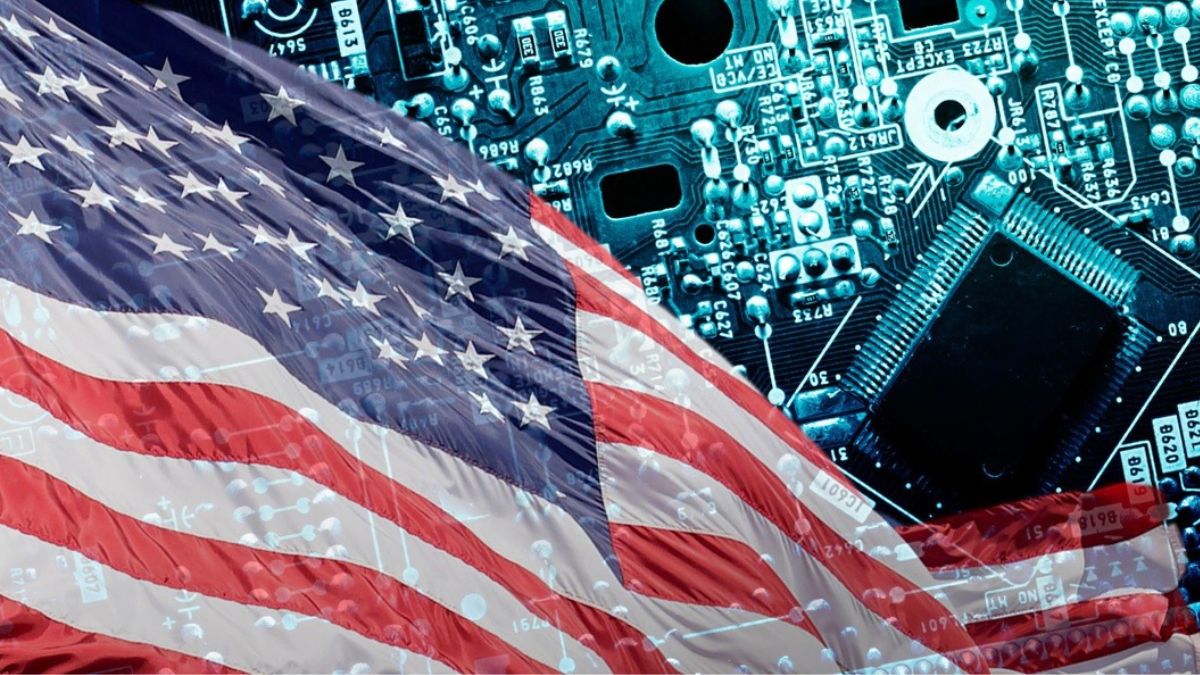The U.S. State Department, in collaboration with other agencies under President Joe Biden’s administration, is actively pursuing a six-month extension of the U.S.-China Science and Technology Agreement (STA). The agreement, set to expire on August 27, has sparked concerns among Republican congressional members who fear that China has exploited it to further its military ambitions. This short-term extension is intended to maintain the STA’s validity while the U.S. engages in negotiations with China to amend and fortify the agreement. Notably, the extension does not bind the U.S. to a prolonged continuation of the agreement.
Addressing the matter, a State Department representative asserted the administration’s commitment to safeguarding American interests against the backdrop of China’s strategic pursuits in the science and technology domain. This stance aims to counter potential threats posed to U.S. national security and intellectual property.
Critics within Congress, however, harbor apprehensions that collaborative research ventures facilitated by the STA might inadvertently contribute to the development of technologies that could eventually be turned against the United States. An instance cited involved a project initiated by the National Oceanic and Atmospheric Administration (NOAA) in partnership with China’s Meteorological Administration under the STA. The project focused on deploying instrumented balloons to study the atmosphere. Regrettably, similar balloon technology was later exploited by China to surveil U.S. military installations on American soil, infringing upon the country’s sovereignty.
Originally established in 1979 through the efforts of then-U.S. President Jimmy Carter and PRC leader Deng Xiaoping, the STA spans various sectors such as agriculture, energy, space, health, environment, earth sciences, engineering, and academic exchanges. Renewed approximately every five years since its inception, the agreement’s most recent extension was in 2018.
As the U.S. navigates the complexities of its scientific collaboration with China, the push for a short-term extension underscores the administration’s commitment to ensuring that any engagement serves national interests while addressing security concerns.


